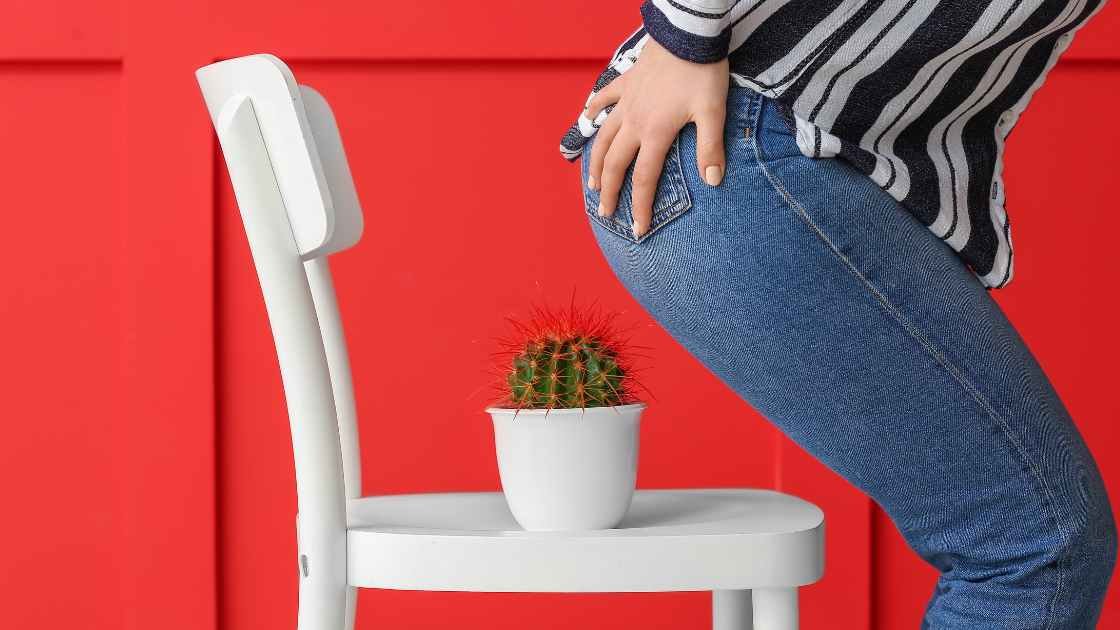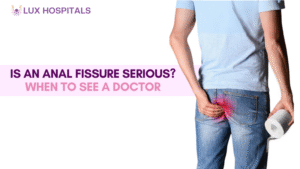Anal Fistula Treatment: Powerful Strategies for Comprehensive Relief

Anal fistulas can be a challenging and uncomfortable condition, significantly affecting your daily life. Understanding anal fistula treatment options is crucial for finding relief and regaining your comfort. This comprehensive guide delves into effective treatment strategies, including lifestyle adjustments, medical therapies, and advanced surgical options to help you manage and overcome this condition.

What is an Anal Fistula?
An anal fistula is an abnormal passageway that develops between the anal canal and the skin surrounding the anus. It usually results from an infection in the anal glands that creates an abscess, which then drains through a fistula. This condition can lead to persistent discomfort, discharge, and irritation, and often requires intervention for proper management.
Recognizing Symptoms of Anal Fistula
Before exploring anal fistula treatment, it’s essential to identify the symptoms associated with this condition:
- Persistent Discharge: A continuous, often foul-smelling discharge from the anus or the surrounding skin.
- Pain and Discomfort: Pain during bowel movements or prolonged sitting.
- Swelling and Redness: Inflammation and redness around the anus.
- Itching and Irritation: Persistent itching or irritation in the affected area.
- Fever and Malaise: General symptoms like fever may indicate an infection.
If you experience any of these symptoms, seeking medical advice is crucial for an accurate diagnosis and effective treatment.
Non-Surgical Approaches to Anal Fistula Treatment
- Antibiotics and Antiseptics: When an infection is present, antibiotics are essential for controlling it. Antiseptic solutions can help maintain cleanliness around the affected area and prevent further infection.
- Sitz Baths: Regular sitz baths in warm water can provide relief by reducing inflammation and discomfort, and promoting healing.
- Dietary Changes: A high-fiber diet helps prevent constipation, which can exacerbate symptoms. Staying hydrated and avoiding irritating foods can also ease discomfort.
- Pain Management: Over-the-counter pain relievers, such as ibuprofen or acetaminophen, can help manage pain associated with an anal fistula.
Medical Treatments for Anal Fistula
- Fistulotomy: This procedure involves surgically opening the fistula tract to allow it to heal from the inside out. It is generally effective for treating simple anal fistulas and is typically performed under local anesthesia.
- Seton Placement: For more complex fistulas, a seton (a surgical thread) may be placed through the fistula to drain the infection and maintain the tract open for gradual healing.
- Advancement Flap Procedure: This technique covers the internal opening of the fistula with a flap of healthy tissue. It is often used for complex or recurrent fistulas that do not respond to other treatments.
- Fistula Plug: A bioprosthetic plug, made from natural materials, can be inserted into the fistula tract to close it off and promote healing.
- LIFT Procedure (Ligation of Inter-sphincteric Fistula Tract): This minimally invasive procedure involves identifying and closing off the fistula tract from within the sphincter muscle. It is effective for complex fistulas while preserving sphincter function.
- Glue or Biologic Sealants: Fistula sealants are substances injected into the fistula to close it and promote healing. These sealants help in managing the fistula without extensive surgery.
Surgical Solutions for Complex Anal Fistulas
- Flap Surgery: For complex anal fistulas, flap surgery involves using a flap of healthy tissue to cover the internal opening of the fistula. This approach helps ensure proper closure and healing.
- Laparoscopic Surgery: Laparoscopic techniques may be employed for a minimally invasive treatment of complex fistulas. This method involves making small incisions and using specialized instruments, resulting in less postoperative pain and quicker recovery.
- Colostomy: In rare and severe cases, a temporary colostomy may be necessary to divert stool away from the affected area, allowing it to heal. This option is typically used when other treatments have failed or the fistula is exceptionally complex.
Post-Treatment Care and Recovery
Following anal fistula treatment, proper aftercare is crucial for successful recovery:
- Wound Care: Maintain cleanliness and dryness around the affected area. Follow your healthcare provider’s instructions for wound care and use prescribed ointments or medications.
- Follow-Up Visits: Regular follow-up appointments are necessary to monitor healing and address any complications.
- Pain Management: Continue taking pain medications as advised to manage discomfort during recovery.
- Avoid Strain: Minimize activities that may put strain on the affected area, such as heavy lifting or prolonged sitting.
- Monitor for Complications: Be vigilant for signs of infection or recurrence of symptoms and seek medical attention if needed.
Emotional and Psychological Support
Living with an anal fistula can be emotionally challenging. It’s important to seek support if needed. Consider talking to a mental health professional or joining a support group to help manage the psychological aspects of dealing with this condition.
Conclusion
Anal fistula treatment encompasses a range of strategies, from non-surgical methods and medical treatments to advanced surgical options. By understanding these approaches and working closely with your healthcare provider, you can develop an effective treatment plan tailored to your specific needs. Whether through lifestyle modifications, medications, or surgery, the goal is to alleviate symptoms, promote healing, and enhance your quality of life.
If your symptoms are severe or don’t improve, don’t wait—schedule an appointment at Lux Hospital for expert care and treatment. We focus on your comfort and well-being first.
Frequently Asked Questions
Symptoms include persistent discharge, pain during bowel movements, swelling, redness, itching, and sometimes fever.
Diagnosis typically involves a physical examination, imaging tests (like MRI or ultrasound), and sometimes anoscopy or colonoscopy.
Simple anal fistulas may improve with antibiotics, sitz baths, and dietary changes, but most require surgical intervention for complete healing.
Non-surgical methods include antibiotics, antiseptic care, sitz baths, dietary adjustments, and pain management.
Surgical options include fistulotomy, seton placement, flap surgery, LIFT procedure, fistula plugs, and in rare cases, colostomy.
Recovery depends on the procedure; most patients recover within a few weeks with proper wound care and follow-up.




















